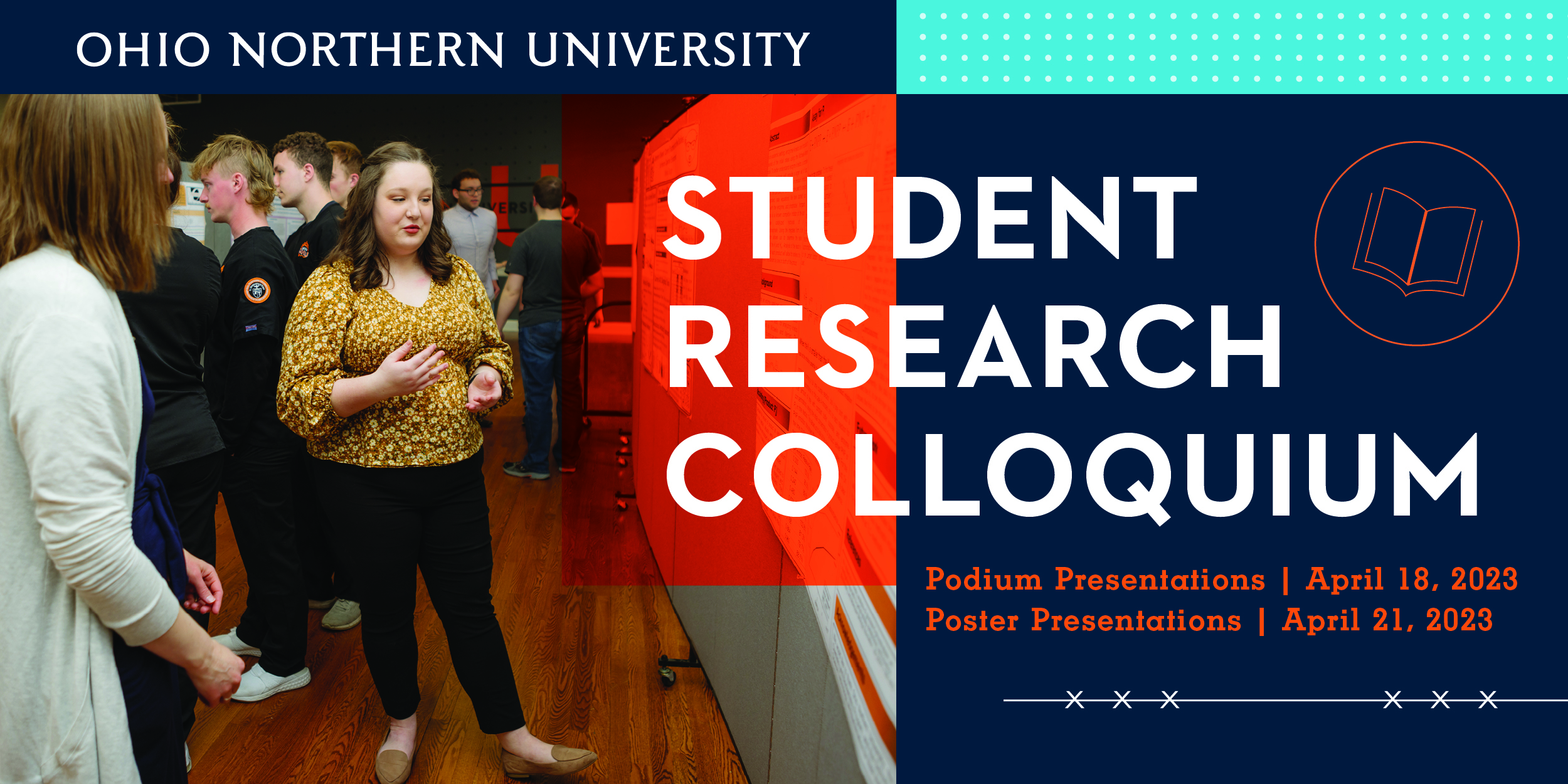Microplastics in Sea Salt: A Community Outreach Project
Honors Capstone Project
1
Advisor(s)
Dr. Kelly Hall
Confirmation
1
Document Type
Paper
Location
ONU McIntosh Center; Ballroom
Start Date
18-4-2023 2:15 PM
End Date
18-4-2023 5:00 PM
Abstract
Microplastics! From the air, to tap water, sea salt, beer, and humans, microplastics exist everywhere. What are microplastics? Well, they are fragments of any type of plastic less than 5 mm in length. Microplastics are problematic as they are persistent and do not break down readily. Instead, they linger in oceans and enter organisms with the potential to cause toxicological issues. Entering the human body through ingestion and inhalation, microplastics can be taken up by various organs in the body, affecting health. While an issue, microplastics are seldom discussed and the general population is not well educated on their presence let alone their dangers. My Honors Capstone Enhancement would be a project targeting this very issue. The project will involve an educational activity where participants get to extract their own microplastics from typical store-bought sea salt. As mentioned previously, sea salt is known to contain a considerable amount of microplastics. Therefore, this activity would demonstrate to everyday people the prevalence of microplastics in their lives.
Recommended Citation
Wolfgram, Jasmine, "Microplastics in Sea Salt: A Community Outreach Project" (2023). ONU Student Research Colloquium. 21.
https://digitalcommons.onu.edu/student_research_colloquium/2023/papers/21
Level of Access
Open Access
Open Access
Available to all.
Microplastics in Sea Salt: A Community Outreach Project
ONU McIntosh Center; Ballroom
Microplastics! From the air, to tap water, sea salt, beer, and humans, microplastics exist everywhere. What are microplastics? Well, they are fragments of any type of plastic less than 5 mm in length. Microplastics are problematic as they are persistent and do not break down readily. Instead, they linger in oceans and enter organisms with the potential to cause toxicological issues. Entering the human body through ingestion and inhalation, microplastics can be taken up by various organs in the body, affecting health. While an issue, microplastics are seldom discussed and the general population is not well educated on their presence let alone their dangers. My Honors Capstone Enhancement would be a project targeting this very issue. The project will involve an educational activity where participants get to extract their own microplastics from typical store-bought sea salt. As mentioned previously, sea salt is known to contain a considerable amount of microplastics. Therefore, this activity would demonstrate to everyday people the prevalence of microplastics in their lives.

